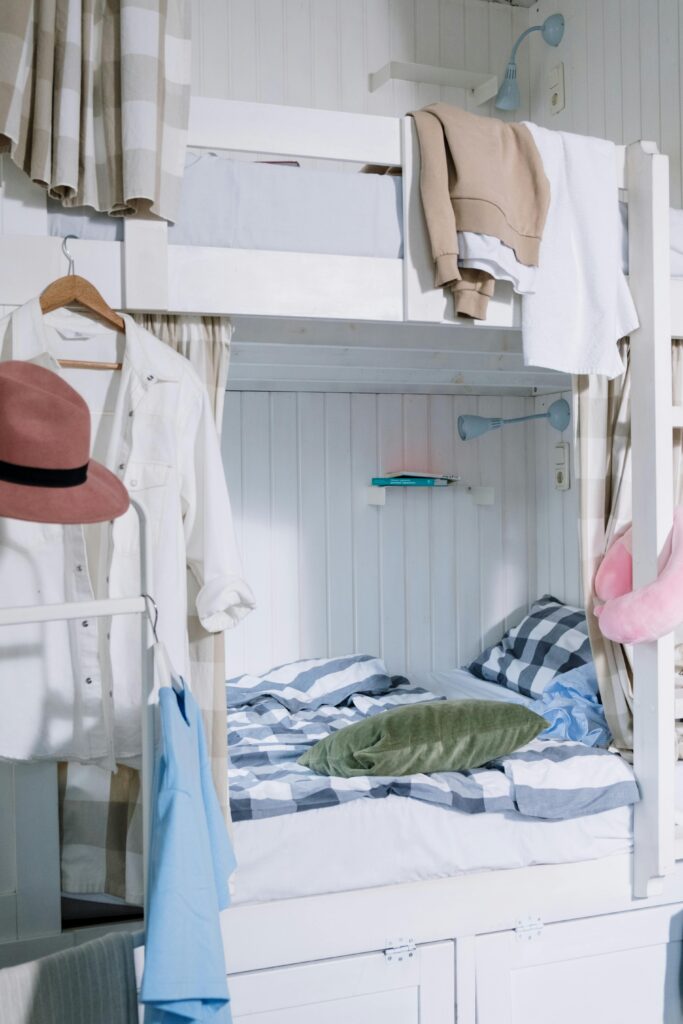We were all asleep as strangers dug through our apartment—where I resided with two pals. That was until she woke one roommate awake when her dog heard the disturbance and started barking. She just caught a glimpse of a hand and arm as they closed the door and turned out the light.
I lost little but some drink packets and student food basics like ramen—not worth anything noteworthy or replaceable. From one roommate, they did steal something valuable: a DVD case loaded with hundreds of dollars’ worth of DVDs she had accumulated over years.
It was uncomfortable. When we phoned the police, the pilfers were either too big to track or too little to document. Our apartment’s management was unhelpful. We considered leveraging the insurance, but it only covered their property—not ours. If it did, the deductible was excessive to make a claim worthy.
Talk With Your Roommates About Securing Your Dorm Or Apartment
Not living with folks I had gone through that scenario with made one of the toughest aspects of apartment security after my sophomore year difficult. Although I was dedicated to always keeping the door closed, even when we were home, my new roommates didn’t mind leaving it unsecured for extended periods of time, which irritated me. I had to talk to my housemates about it if I felt they were not treating it with enough gravity. Though challenging, these talks are crucial as not everyone is used to or interested in locking the door.
Always Lock The Door Behind You
After talking with your housemates about it, you should really lock the door yourself. Although it could be inconvenient, shutting the door is a simple approach to keeping your dorm room safe. Particularly if you’re the last one out or not sure whether your roommates are home, always lock the door when leaving. Tell them you’ll keep the door unlocked whether they are home.
See that the door is locked before bed. Put a sign reminding you to get your keys near your bedroom door or main entry if you worry about forgetting them before you leave.
Keep Your Valuables In A Personal Safe
Think about installing a personal safe for your student housing or dorm if you wish to guard valuables including gadgets, jewelry, or papers. For something you value, a safe is fantastic for protection. Although they are readily available, be sure your password is difficult to figure out. Steer clear of basic choices like 1234 or repeating digits like 1111. Avoid digits like your birthday as well; in case the intruder is a friend or someone from social media.
If You Live On Campus, Register Your Items With The University Or Get Anything Etched
Many colleges let you register serial numbers with campus police and have your university ID number etched on your stuff. For something like everyone possesses, a MacBook Pro, this is really useful. Should a serial number be taken, it helps police. Recovering lost or stolen goods is extremely impossible without registration.
Present A Private Person On Social Media
Never air your every movement on social media.
I want to know what you’re up to, but don’t post everything.
My guidance is to post about it just once you get home or a few days after an incident. You don’t want burglars to know when you’re home.
If you live in a big apartment complex, you can post the name, but avoid sharing your exact address on social media if possible.
To invite someone over, send the address via text or a private message. Don’t post it publicly! People can find that information and use it to watch your dorm or apartment later.

